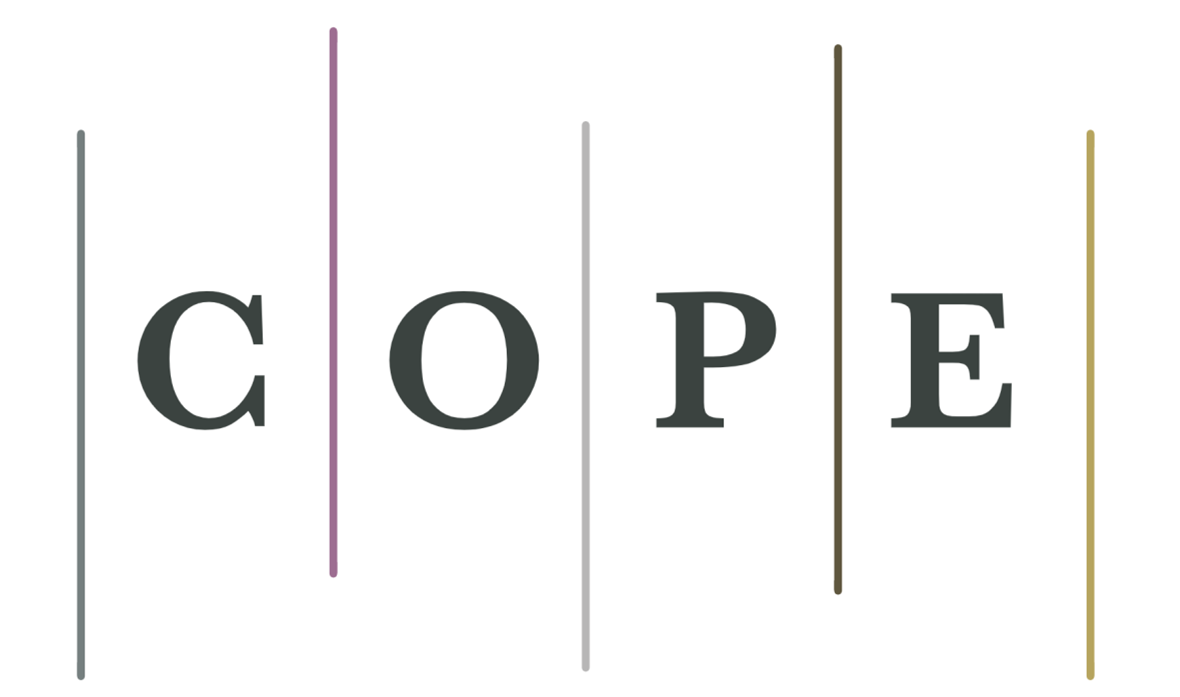تأثير المواد المايكروية والنانوية على تحسين تدفق الحرارة الحرجة
DOI:
https://doi.org/10.22153/kej.2019.06.003الكلمات المفتاحية:
Critical Heat Flux (CHF), Distilled water, Nano fluids, Pool boiling, (Ni-Cr) wire heater, Nano particles deposited layers.الملخص
تؤدي المواد النانوية دورا مهما في تحسين انتقال الحرارة، وقد تم اجراء بحث تجريبي لفهم سلوكية المواد النانوية والمايكروية وتاثيرها على تدفق الحرارة الحرجة، تم اجراء هذه التجارب بوساطة استخدام سلك ذي معدن (Ni-Cr) قطره (0.4) ملم عند الضغط الجوي، تم استخدام اوكسيد الزنك والسليكا بوصفها سوائل نانوية ومايكروية بتراكيز (0.01,0.05,0.1,0.3,0.5,1)غم/ لتر وقد اشارت نتائج هذه التجارب الى زيادة تحسين ملحوظ في تدفق الحرارة الحرجة لكل من السوائل النانوية والمايكروية لهذه التراكيز مقارنة مع الماء المقطر، ويرجع سبب هذا التحسين الى ترسب الجسمات النانوية على سطح المسخن الذي يؤدي الى تكوين طبقة مسامية على سطح المسخن وتؤدي هذه الطبقة الى زيادة قابلية سطح المسخن للبلل والتي تزيد من تدفق الحرارة الحرجة، ان ميكانيكية تكون هذه الطبقة المسامية على سطح المسخن يرجع الى انه خلال عملية غليان السوائل النانوية وظهور الفقاعات سوف يزداد بخار السائل مما يودي الى ترسب المواد النانوية على السطح بعد تبخر السائل مكونة هذه الطبقة حيث تعمل على تحسين قابلية سطح المسخن الى حد كبير، وقد وجد ان نسبة التحسين الامثل لاوكسيد الزنك عند استخدام (1غم/لتر) هي9.2% و8.7% للسيليكا للسوائل النانوية، وايضا (1 غم/ لتر) للسوائل المايكروية التي لوحظت ان تكون 8.1% لأوكسيد الزنك و7.4% للسيليكا.
التنزيلات
المراجع
Eastman, J. A., Choi, S. U. S., Li, S., Yu, W., and Thompson, L. J., "Anomalously Increased Effective Thermal Conductivities of Ethylene Glycol- Based Nano fluids Containing Copper Nanoparticles", Appl. Phys. Lett., 78, pp. (718–720), 2001.
Wen, D., and Ding, Y., "Experimental Investigation into Convective Heat Transfer of Nano fluids at the Entrance Region Under Laminar Flow Conditions", Int. J. Heat Mass Transfer, 47, pp. (5181–5188), 2004.
Barber, J., Brutin, D., and Tadrist, L., "A review on boiling heat transfer enhancement with Nano fluids'', Nano scale Research Letters, 2:280, 2011.
Cooke, D., "Experimental study of pool boiling heat transfer enhancement over micro channeled surfaces", M. Sc Thesis, Rochester Institute of Technology, Rochester, New York, 2011.
Vassallo, P., Kumar, R., and D’Amico, S.," Pool boiling heat transfer experiments in silica-water Nano fluids", Int. J. Heat Mass Transfer, 47, pp. (407–411), 2004.
Madhusree, K., and Dey, K.T., "Investigations on the pool boiling heat transfer and critical heat flux of ZnO-ethylene glycol Nano fluids", Applied Thermal Engineering ,37, pp. (112-119), 2012.
Milanova, D., and Kumar, R.," Role of ions in pool boiling heat transfer of pure and silica Nano fluids", Appl. Phys. Lett ,87, pp. (185–194), 2005.
Bang, C. I., and Chang, H.S., " Boiling heat transfer performance and phenomena of Al2O3-water Nano fluids from a plain surface in a pool", Int. J. Heat Mass Transfer, 48, pp. (2407–2419), 2005.
Kim, J.S., Bang, I.C., Buongiorno, J., and Hu, L.W., " Effects of nanoparticle deposition on surface wettability influencing boiling heat transfer in Nano fluids", Appl Phys Lett, 89, 153107, pp. (1-3), 2006.
Bergman, L. T., Lavine, S. A., INCROPERA, P. F., and Dewitt, P. D.," Fundamentals of Heat and Mass Transfer" ,7th ed,2011.
Vassallo, P., Kumar, R., and D’Amico, S.," Pool boiling heat transfer experiments in silica-water Nano fluids", Int. J. Heat Mass Transfer, 47, pp. (407–411),2003.
منشور
إصدار
القسم
الرخصة
حقوق الطبع والنشر: يحتفظ مؤلفو الوصول المفتوح بحقوق الطبع والنشر لاعمالهم، ويتم توزيع جميع مقالات الوصول المفتوح بموجب شروط ترخيص Creative Commons Attribution License، والتي تسمح بالاستخدام غير المقيد والتوزيع والاستنساخ في أي وسيط، بشرط ذكر العمل الأصلي بشكل صحيح. إن استخدام الأسماء الوصفیة العامة، والأسماء التجاریة، والعلامات التجاریة، وما إلی ذلك في ھذا المنشور، حتی وإن لم یتم تحدیدھ بشکل محدد، لا یعني أن ھذه الأسماء غیر محمیة بموجب القوانین واللوائح ذات الصلة. في حين يعتقد أن المشورة والمعلومات في هذه المجلة صحيحة ودقيقة في تاريخ صحتها، لا يمكن للمؤلفين والمحررين ولا الناشر قبول أي مسؤولية قانونية عن أي أخطاء أو سهو قد يتم. لا يقدم الناشر أي ضمان، صريح أو ضمني، فيما يتعلق بالمواد الواردة في هذه الوثيقة.















